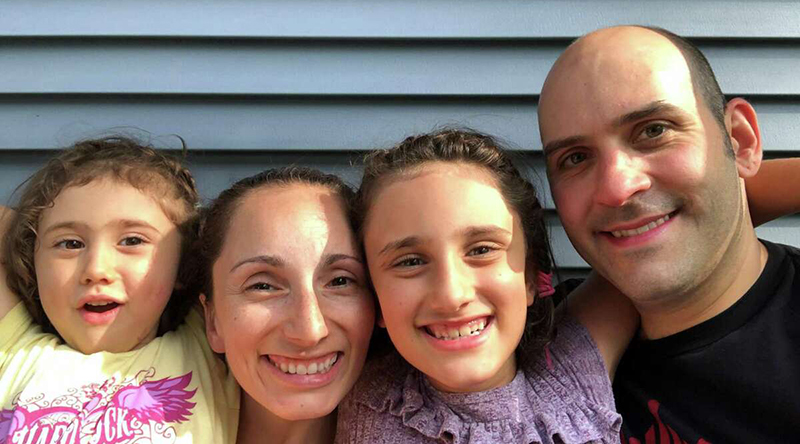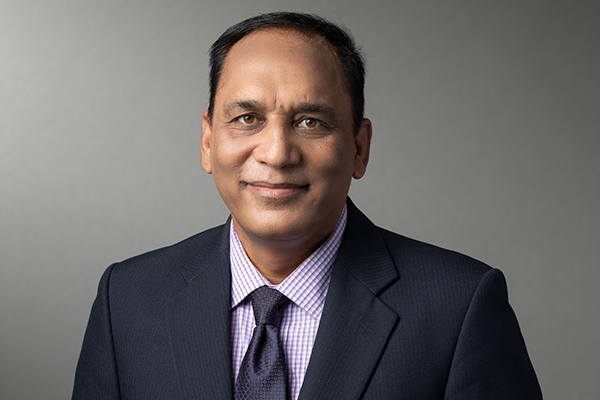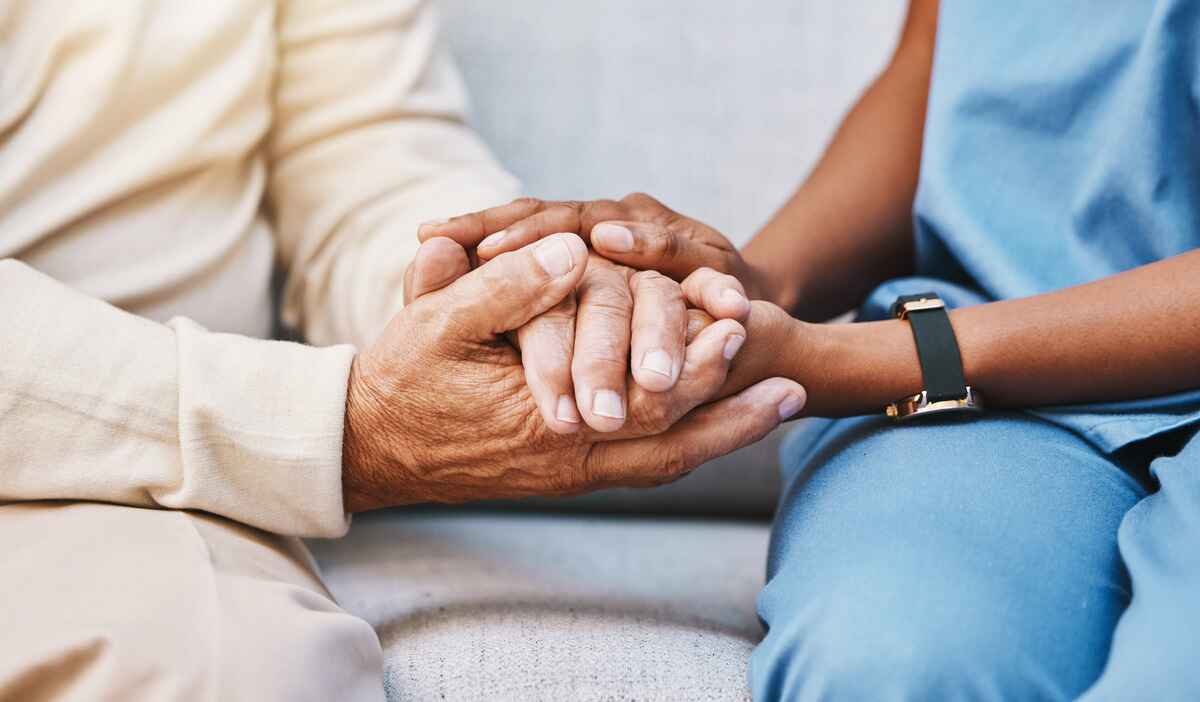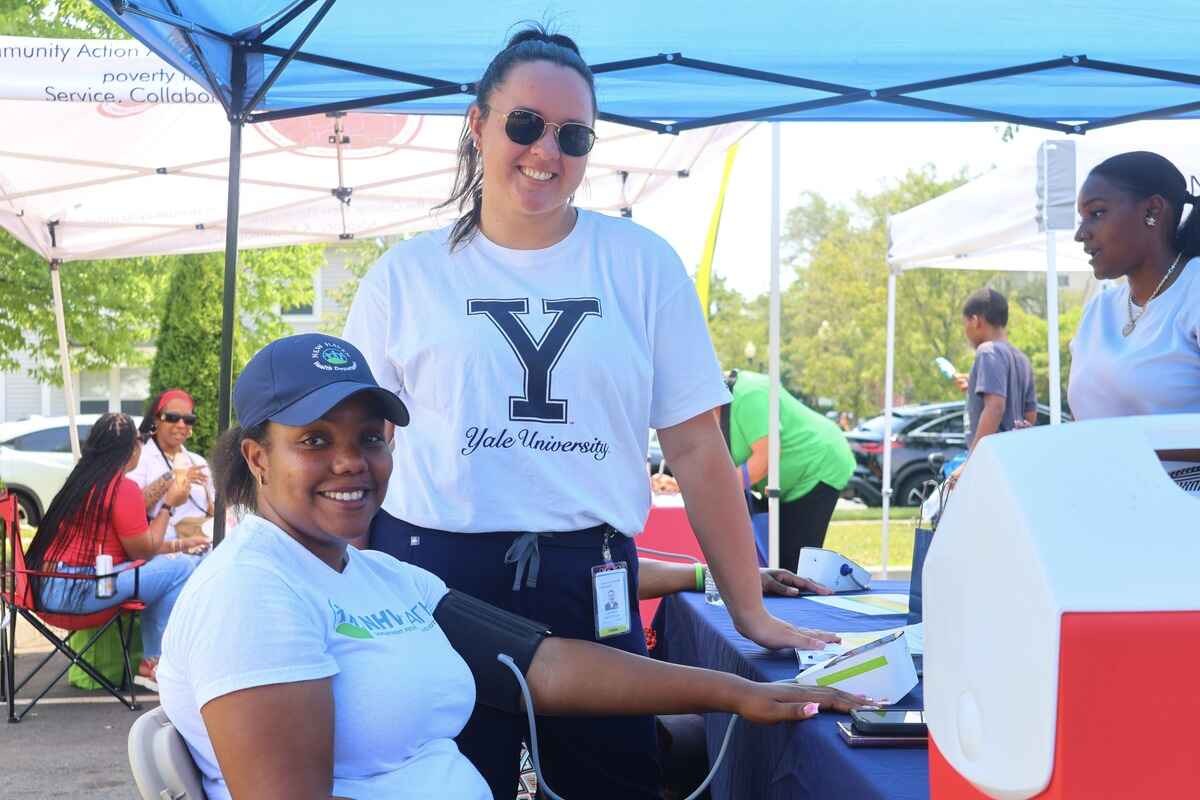
Heart recipient Dan Bruno and family
“People die waiting for a heart – and people are suffering with symptoms while they wait,” said Muhammad Anwer, MD, cardiac surgeon, Yale New Haven Hospital (YNHH) Heart and Vascular Center.
For this reason, the Heart and Vascular Center at Yale New Haven Hospital is participating in a clinical trial evaluating outcomes for donation after circulatory death (DCD), a method of heart transplantation new to the United States. This method allows surgeons to restart a heart after it has stopped beating and assess if the organ is appropriate for transplant, expanding the amount of viable donor hearts.
“This method is one of the most exciting developments in heart transplantation, said Arnar Geirsson, MD, chief of cardiac surgery, Yale New Haven Hospital Heart and Vascular Center. “It saves hearts that would previously not be viable for donation and extends the organ’s out-of-body life span. These types of trials push the envelope in heart transplants and are a step forward in expanding the donor pool.”
The clinical trial completed enrollment in September of 2020. In December 2020, the U.S. Food and Drug Administration (FDA) granted YNHH approval to use the method under Continued Access, a pathway for treatment outside of the clinical trial.
Waiting for life
A heart transplant is sometimes the only hope of survival for those with severe heart failure, which affects more than 250,000 people in the United States.
There remains a gap between people who need a heart transplant and people who receive one on time. A patient in need of a new heart typically waits more than six months for a donor organ to become available, and often much longer. Over the last five years, an average of 318 people died annually while on the heart transplant waitlist.
“The most recent organ allocation restructuring in 2018 was designed to decrease waitlist deaths by prioritizing patients with the most severe illness,” said Christopher Maulion, MD, advanced heart failure and transplant cardiologist, YNHH Heart and Vascular Center. “There is still a discrepancy between how many hearts are required versus available. The changes that were made cannot circumvent supply and demand.”
Traditionally, hearts for transplant have been donated after brain death. This means a donor has no brain activity, but the heart is still beating via life support. This allows transplant specialists to perform a functional assessment of the organ before transplant. The heart is then packed in cold storage and must be transplanted within four hours. This method restricts how far the heart can travel and excludes potentially viable hearts because there was no opportunity for assessment since they were not beating inside the donor.
 Muhammad Anwer, MD
Muhammad Anwer, MD
With donation after circulatory death, organs are retrieved from hospitalized donors whose heart is no longer beating. With consent, surgeons remove the organ and connect it to an organ care system (OCS). With this device the heart is profused with warm blood, allowing surgeons to assess its function. It also extends the organ’s shelf life by several hours. This means the organ stays healthy longer and can travel farther distances, when necessary.
“Bringing DCD to the United States will increase the donor pool by 30 percent,” said Dr. Anwer. “More people will benefit. Now we have done 90 cases in the U.S. and this will increase confidence. When we give patients a new life – it is magic.”
Dan Bruno was the recipient of some of this magic. He received a DCD transplant at Yale New Haven Hospital.
“I knew I needed a transplant for years and my O-negative blood type kept me on the wait list longer. I was put on the list in August. Two weeks later I was told about the DCD trial and about a month after that I received a heart. I could have been waiting one to four years if DCD was not an option.”
Regarding FDA approval for Continued Access of DCD, Mr. Bruno said, “I am excited for people to get a heart faster. It is wonderful that people have access to new ways of getting a heart.”
The clinical trial, sponsored by TransMedics, involves 25 participating sites across the country. The trial seeks to evaluate the effectiveness of TransMedics’ OCS Heart System. It recruited 90 participants and will compare DCD heart transplants with subjects who receive a standard criteria donor heart transplant.
Yale New Haven Transplantation Center represents a collaboration of specialized teams for heart, kidney and liver transplants. Heart transplants are performed by cardiac surgeons supported by patient care teams that include cardiologists, nephrologists, nurses and transplant coordinators.
Yale New Haven Hospital performed 30 adult heart transplants in 2018, with 100 percent survival rate 30 days post-surgery, setting a new record for Connecticut.





